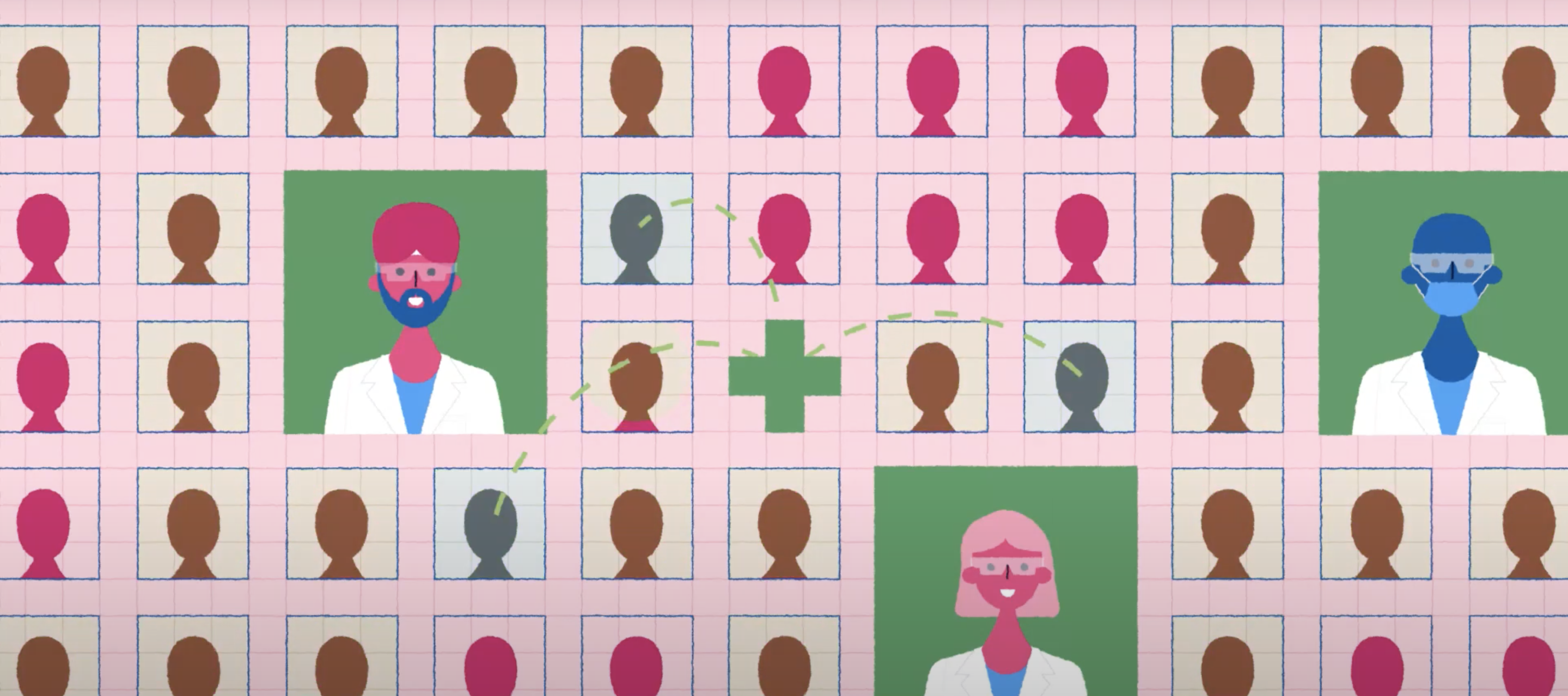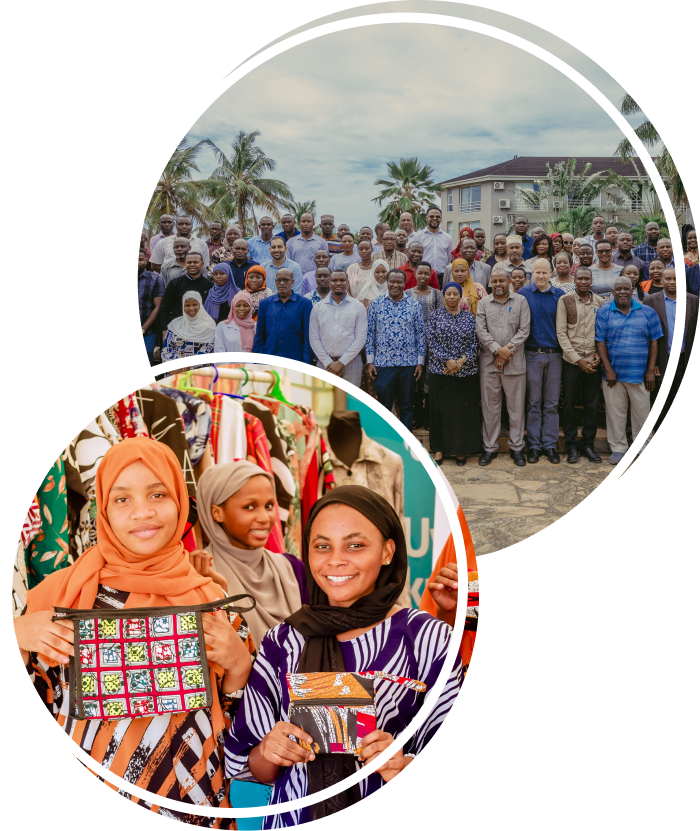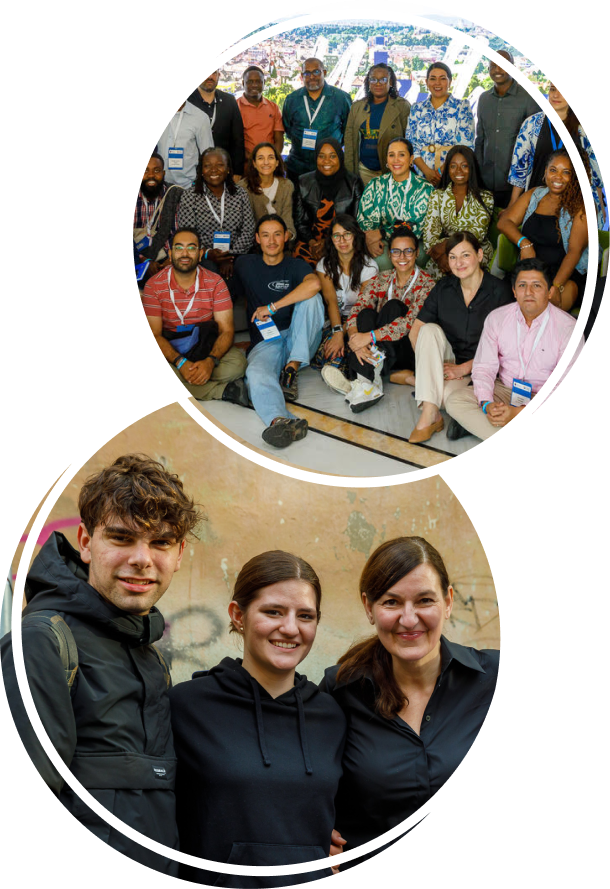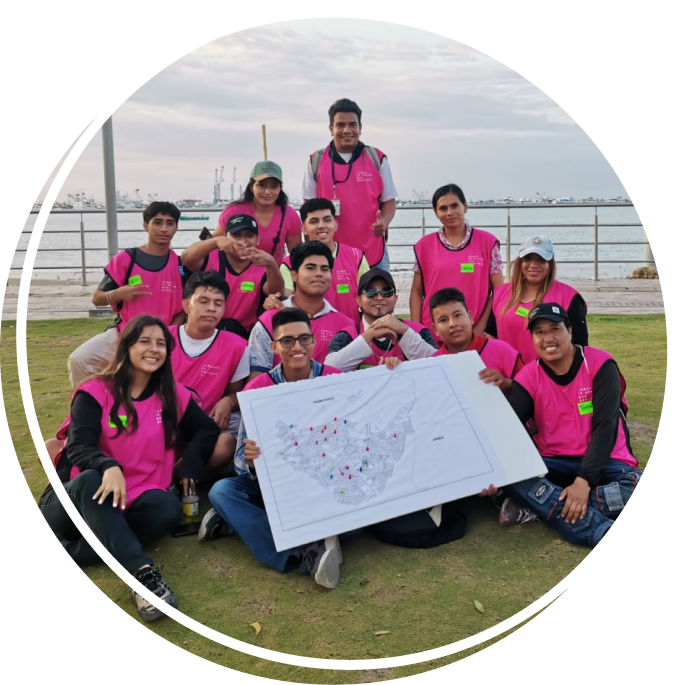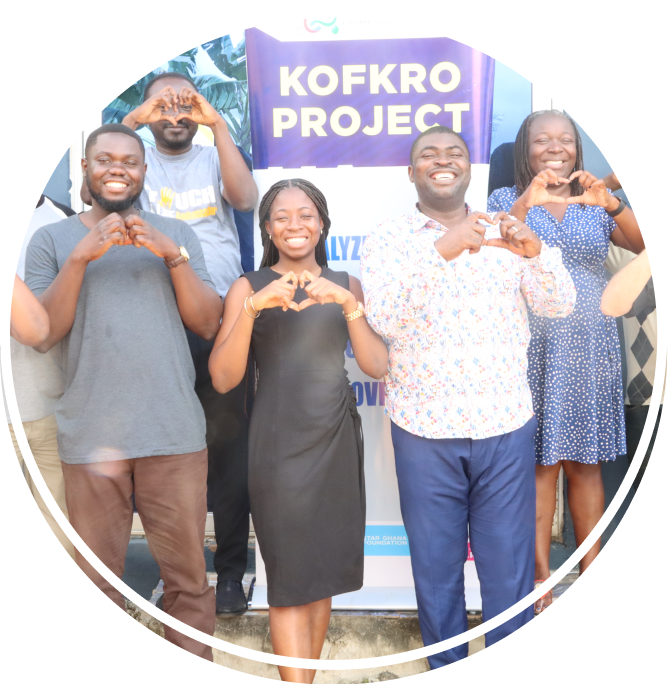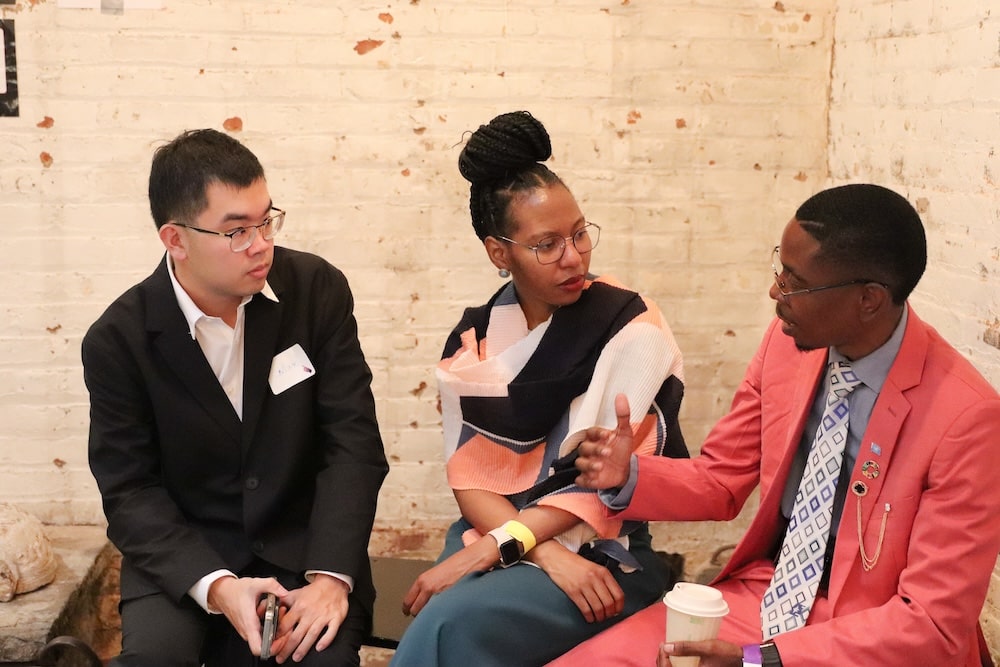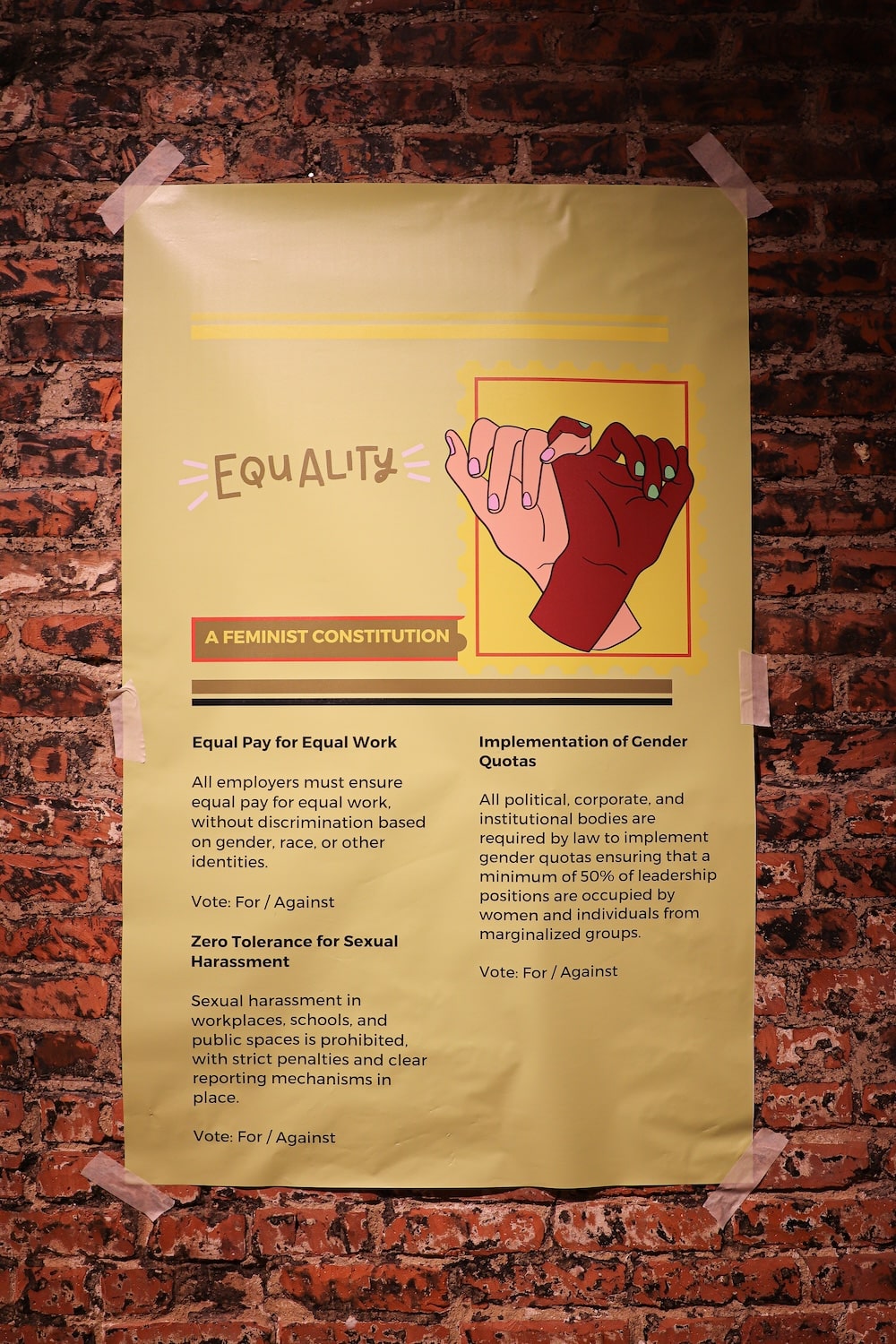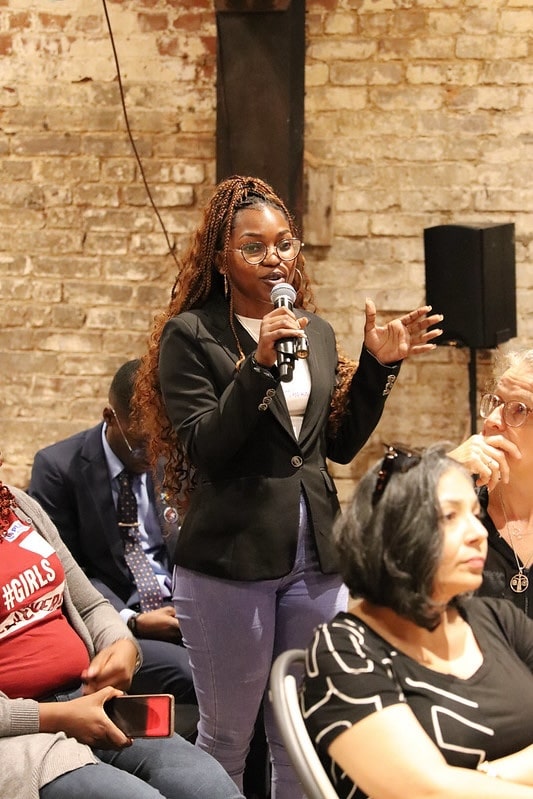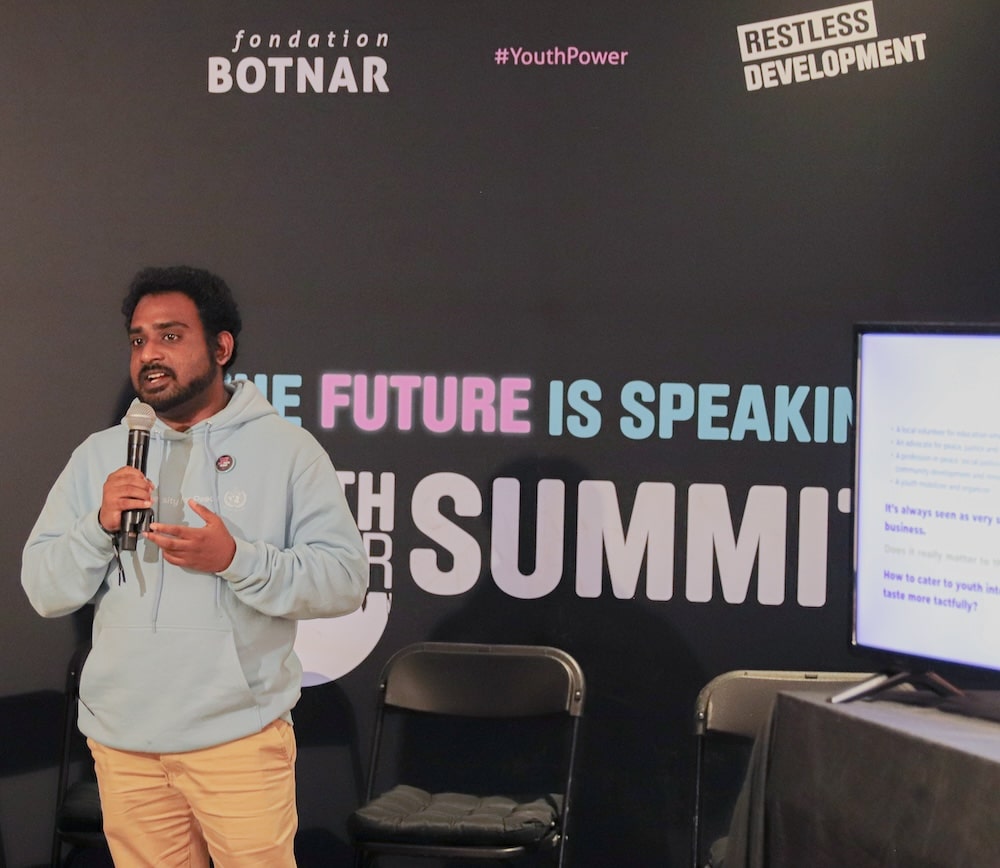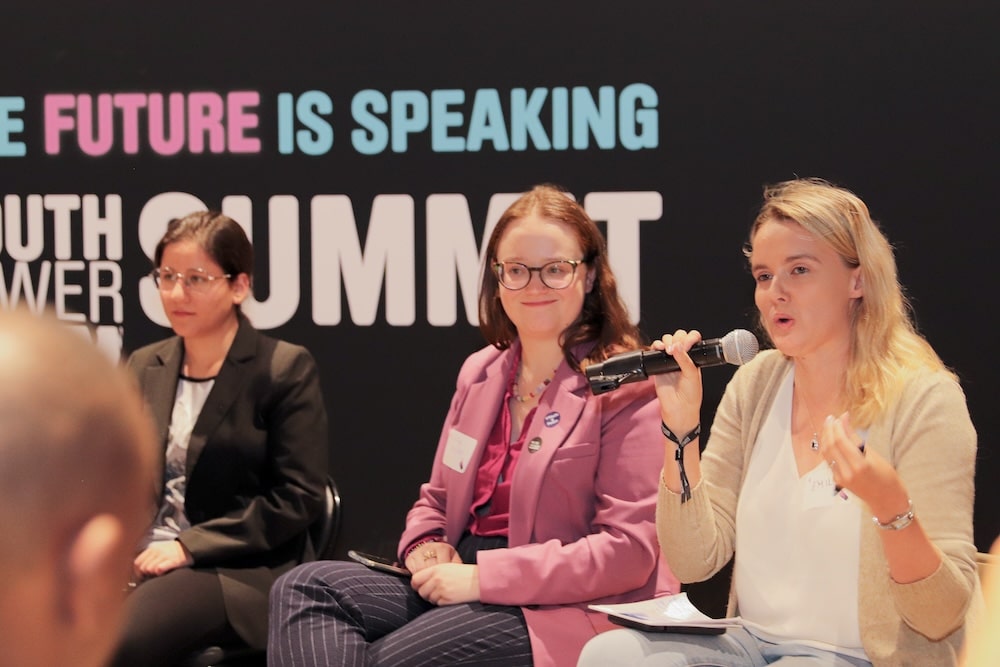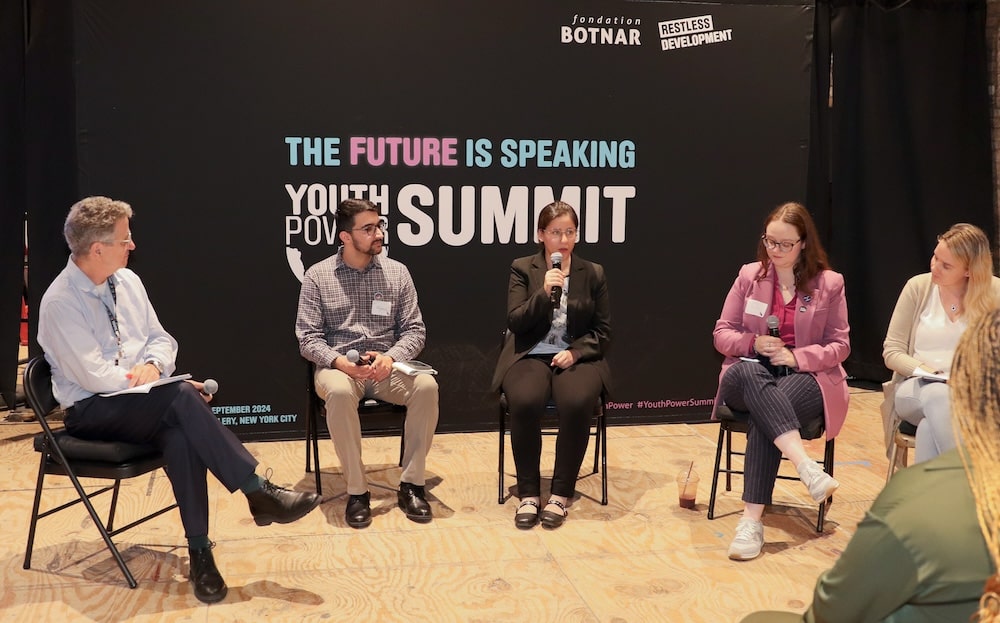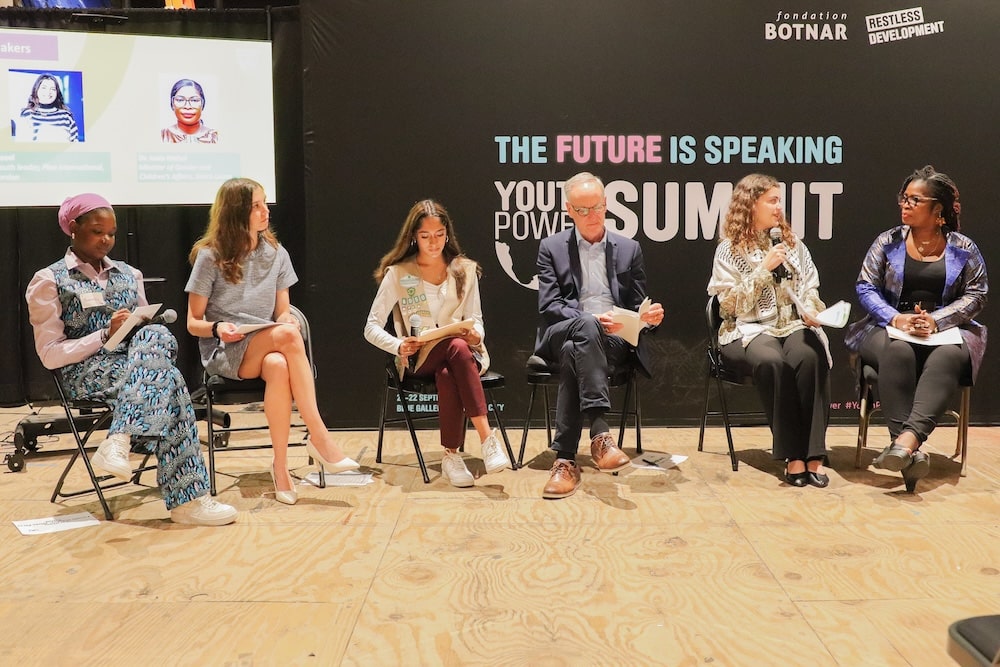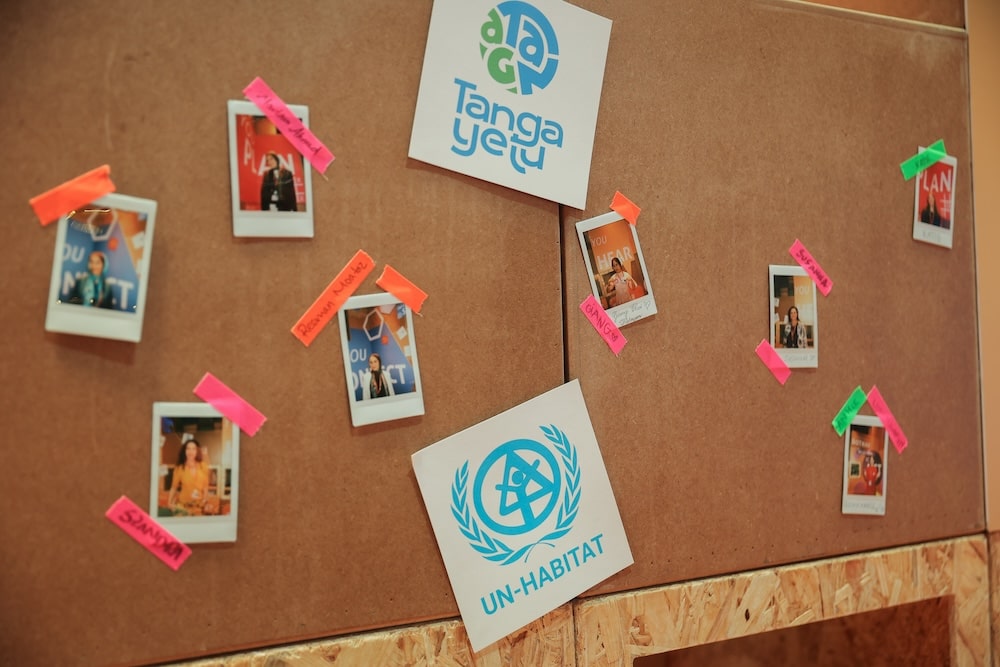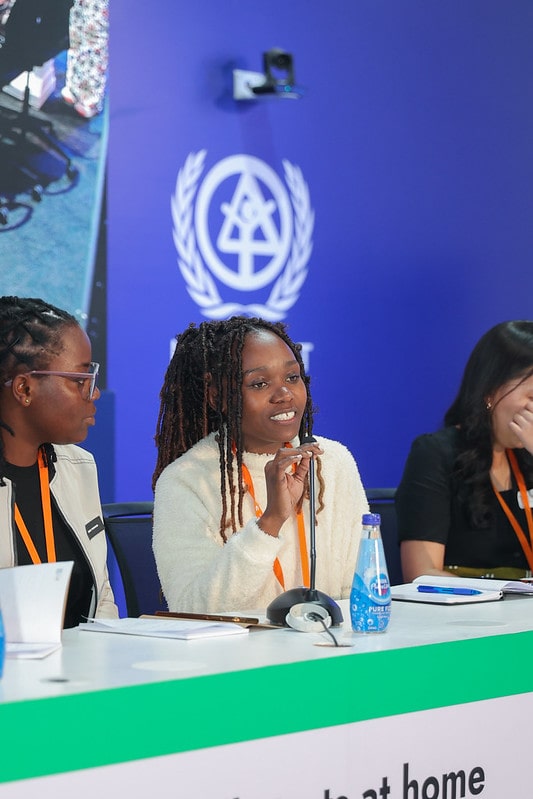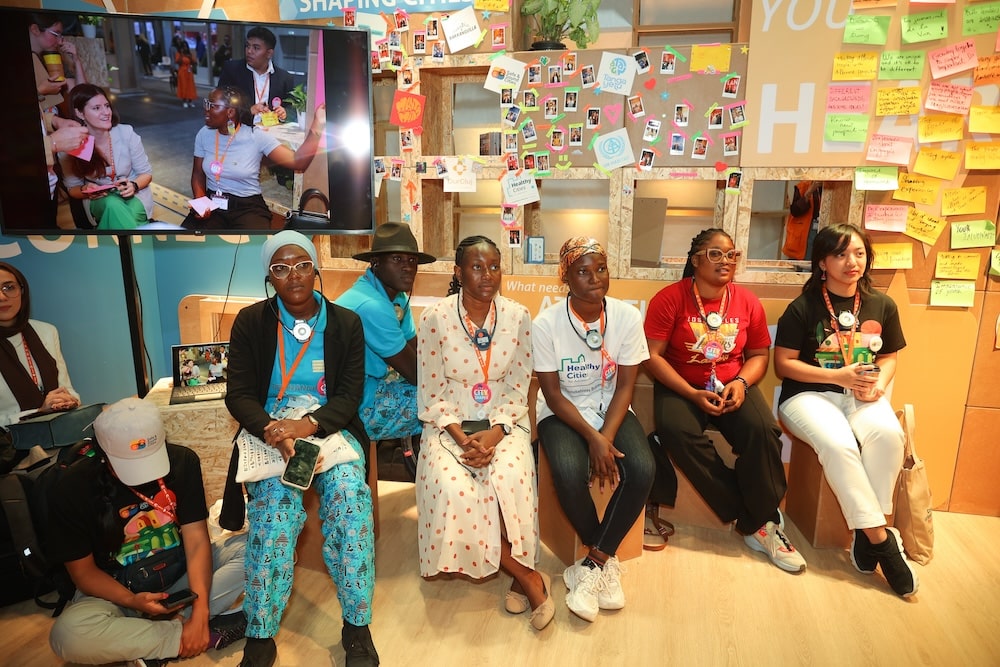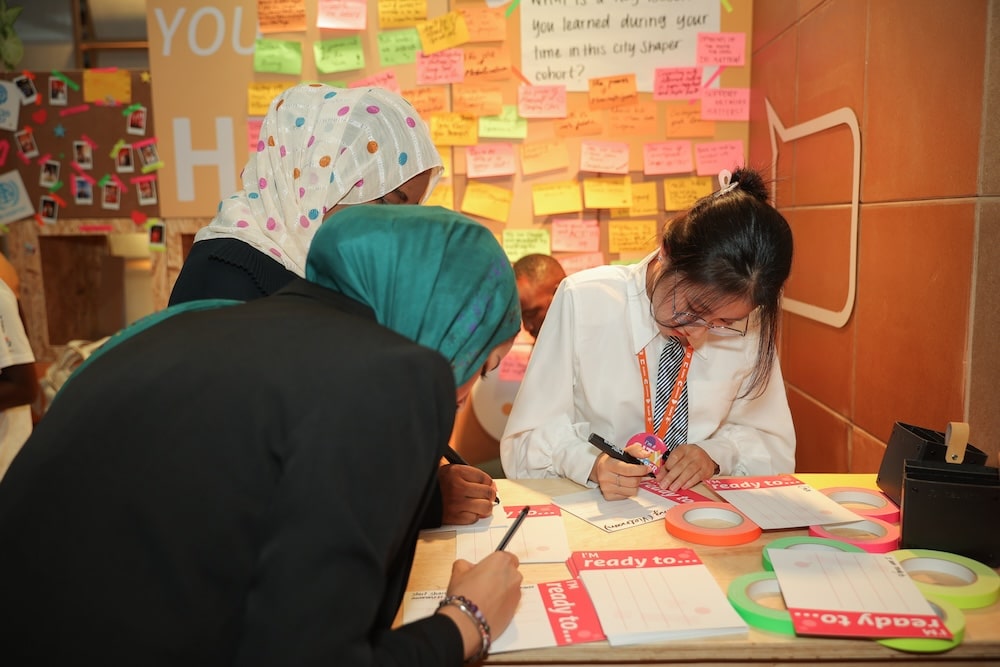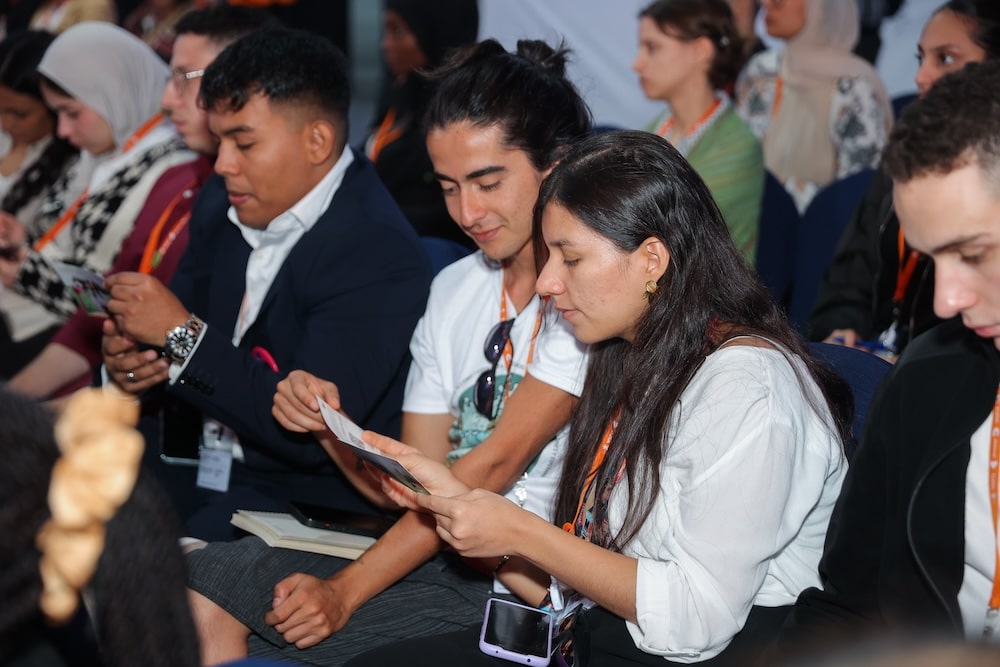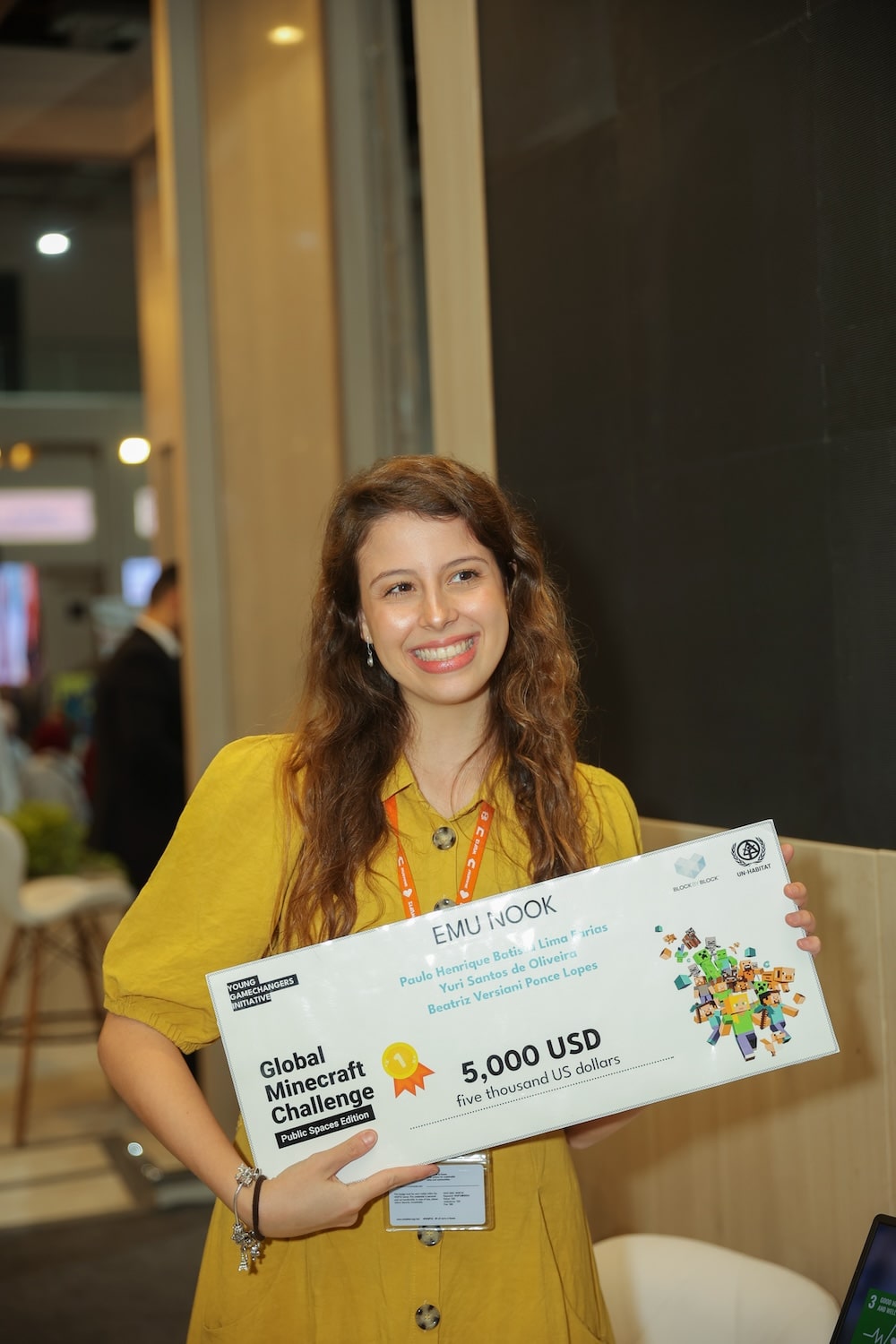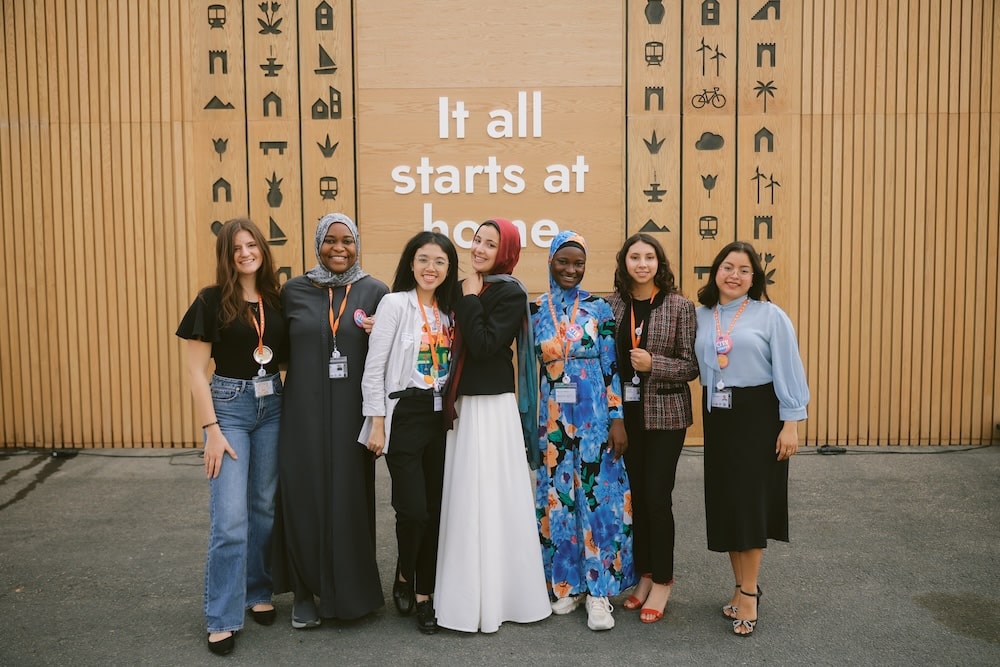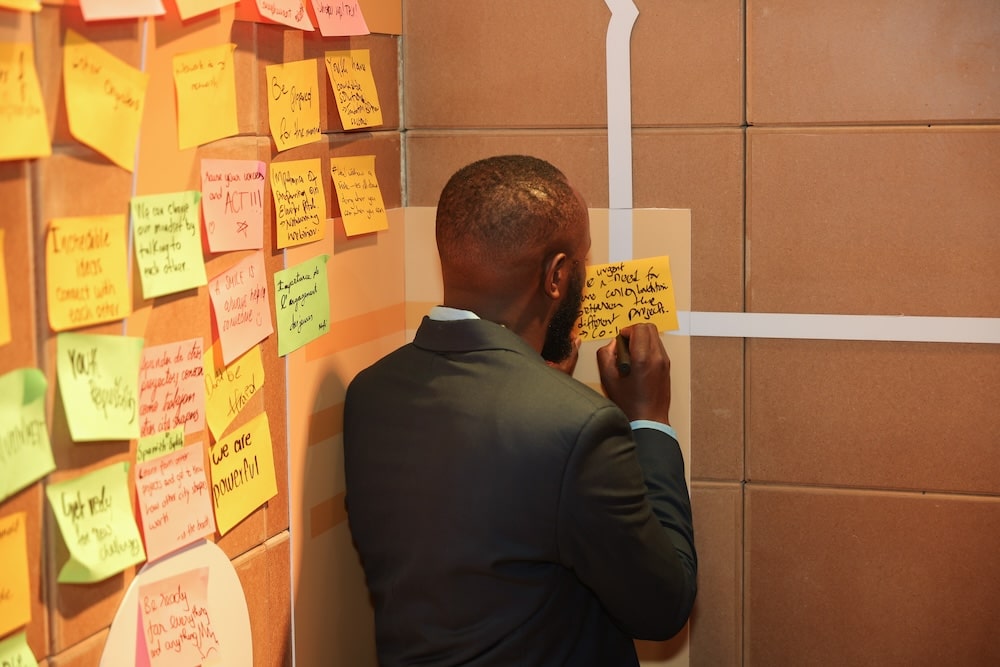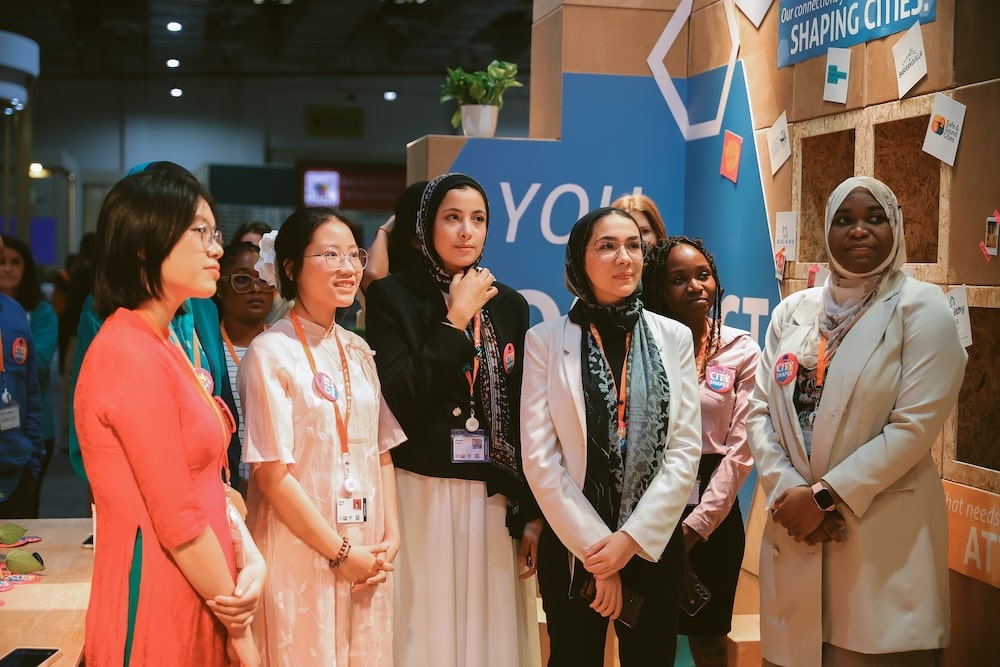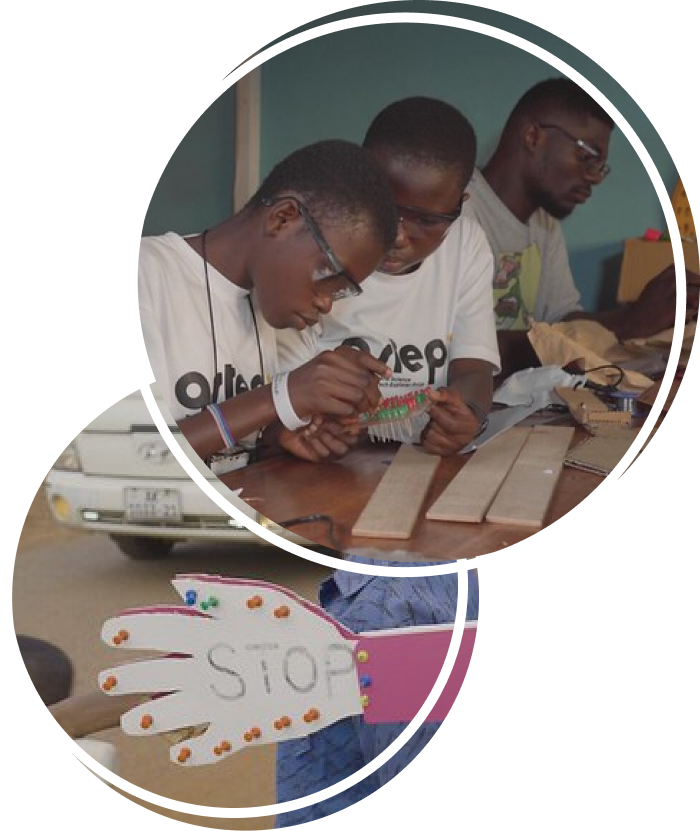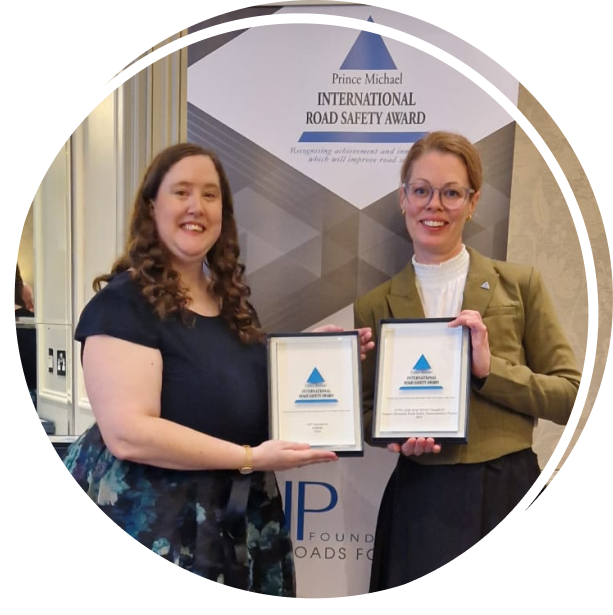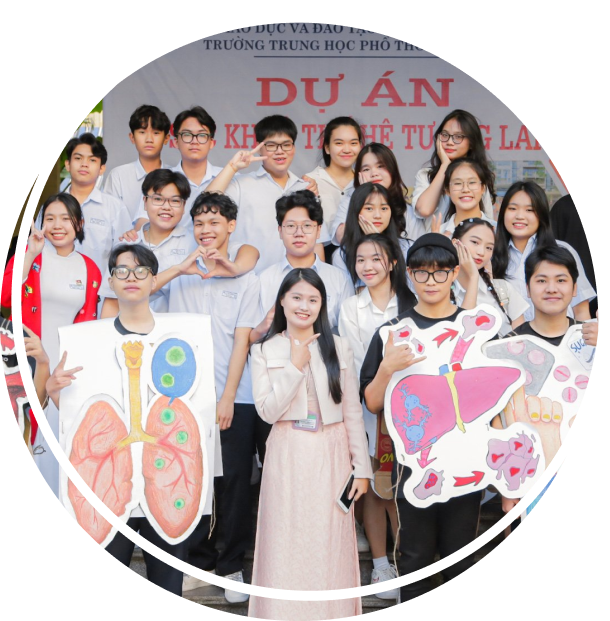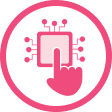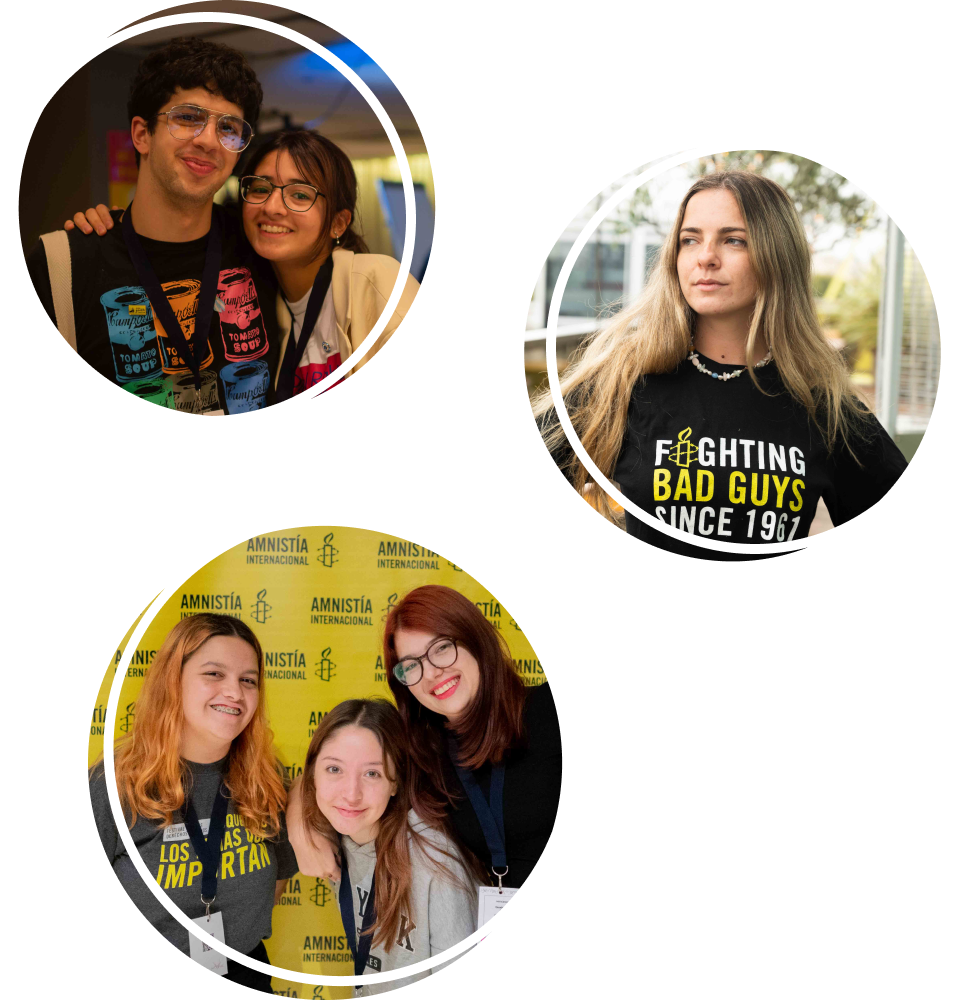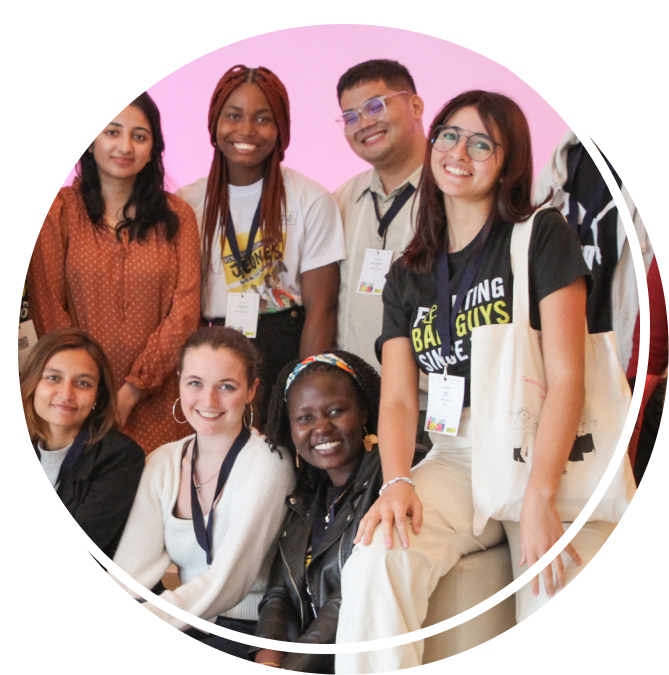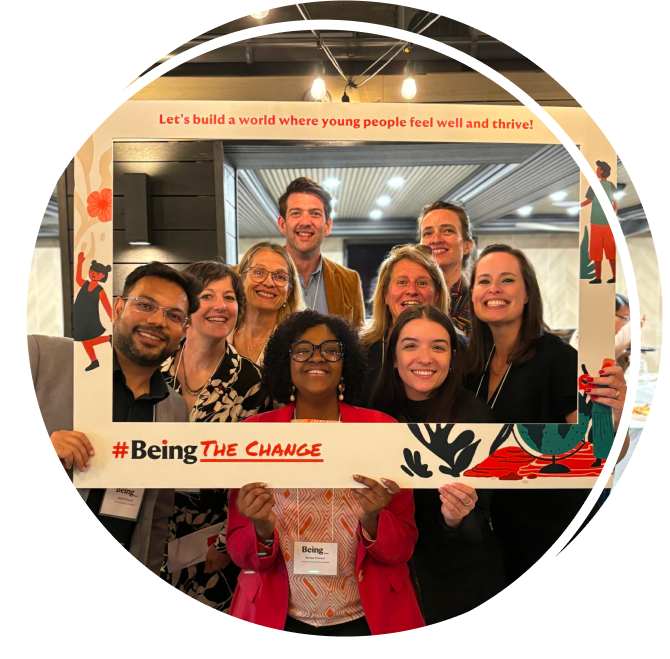The COVID-19 pandemic has shone a light on the critical role technologies play in ensuring that young people can continue to exercise their rights, including accessing essential health resources and services. It has also highlighted that not equipping ourselves with the right tools to roll out these technologies safely, equitably, and efficiently could represent a significant missed opportunity for the world and prevent us from ever achieving the goal of Universal Health Coverage (UHC).
Fondation Botnar is extremely proud to have been able to support, from the onset, the work of The Lancet and Financial Times Commission on Governing health futures 2030: Growing up in a digital world. By looking at the intersection of youth, digital technologies and UHC, the newly released Report provides us with the insights and recommendations we need to foster a more proactive dialogue and accelerate urgent action on these issues in order to uplift the health of children and young people in an increasingly digital and data-driven world.
The Commission highlights the need for the world to adopt ‘a mission-orientated approach to digital innovation, that aims to diffuse the benefits of digital health technologies equitably, make their deployment economically feasible and decentralise and democratise their control’. It also provides key recommendations for how policymakers and corporate leaders can respect, protect, and fulfil the rights of children and young people in the digital space. We echo the recommendations from the Commission and urge stakeholders to take action where they can.
Three aspects of the report resonate particularly with Fondation Botnar’s mission to improve the wellbeing of young people include:
Create safeguards to control the datafication of children and young people. The Report stresses the datafication of children and young people as their use of digital technologies leaves behind data traces and trails of their personal information, which both private actors and governments can leverage to develop digital tools that can reach into their everyday lives.
There is also no universal experience of growing up in a digital world. Children and young people are generally those with the highest exposure to digital technologies, including those with ‘addiction-based business models’ often promoted to young people through social media platforms. As such, they are both particularly exposed to potential harms that might derive from them and uniquely equipped to shape positive health and wellbeing futures through codesign of digital tools – therefore, systems must be put in place to respect and protect them.
A critical step is the recently ratified UNCRC General Comment No. 25 (2021) that sets out general principles needed to achieve the necessary balance between children’s provision, protection and participation rights in the digital environment. At Fondation Botnar, we echo both the Report and General Comment in calling on governments and businesses, specifically technology companies, to safeguard children and young people in the digital space to ensure that everyone benefits from the broader digital transformations. That children and young people were consulted as part of these important bodies of work demonstrates a crucial shift in acknowledging that their views and concerns are integral to shaping the decision-making that affects their lives, including their health and wellbeing.
Invest in the enablers of a digital transformation of public health and UHC. Investment in digitally-enabled health systems based on the Health for All values is a matter of great urgency for the achievement of UHC and something that Fondation Botnar are committed to supporting. We are founding partners of Transform Health, a global coalition that aims to bring together the private sector, civil society, research institutes, international organisations, governments as well as community leaders and healthcare professionals to hasten the adoption of digital technologies and data to transform health systems. All to achieve UHC by 2030.
Given the potential benefits of digital technologies for health promotion, public health, and healthcare, we are strong advocates for the need for more global momentum, collaboration, and transparent commitments towards these enablers if we are to achieve health for all. We call for systematic, joint efforts by governments, international organisations, civil society organisations and funders to identify and fulfil the global investment needs required to enable countries to develop and maintain the digital infrastructure to ensure the progressive realisation of UHC. Learn more about getting involved.
Building a public trust architecture for digital transformations of health. Of importance, the governance of digital technologies in health and healthcare must be driven by public purpose, not private profit, therefore building digital trust among all stakeholders in the digital health ecosystem. As highlighted by the Commission, this “arguably represents the most urgent area of action for governing health futures, as its positive effects will cut across (and facilitate the uptake of) all other interventions recommended in this report”. The Report promotes a whole-society effort, stretching from Ministries of Health and representatives of health professionals and patients to local governments and private companies.
A critical component of building trust is tackling the lack of governance systems around data and artificial intelligence (AI). The lack of comprehensive political, legal, and regulatory frameworks means current digital health and AI research and development takes place in a largely unregulated space. Governance mechanisms need to be established in response, at national and global levels, to balance the ethical concerns and rights of individuals and societies with the potential offered by digitalization in health. Alongside our partners and youth representatives, advocate for the creation of a global consultation process on health data governance, examining how best health data can benefit the public good while individual rights are preserved.
We also support initiatives such as I-DAIR (International Digital Health & Artificial Intelligence Research Collaborative) as a first step towards promoting collaborative research for global health in the field of digital and AI.
Adopting the recommendations of the Report will be critical to future-proofing our approach to health and wellbeing, ensuring that children and young people grow up in a world that protects them, promotes their health and wellbeing, and truly reflects their priorities.
As supporters of this report, and a foundation proud to champion the use of AI and digital technology to improve the health and wellbeing of children and young people, we look forward to continuing to foster dialogue around these urgent topics. Please join us at the Digital Health Week (29 November – 3 December 2021), where we will explore the deep transformations and potential pathways needed to ensure technology and data are leveraged as a means to reaching UHC and that young people are an integral part of that process.
